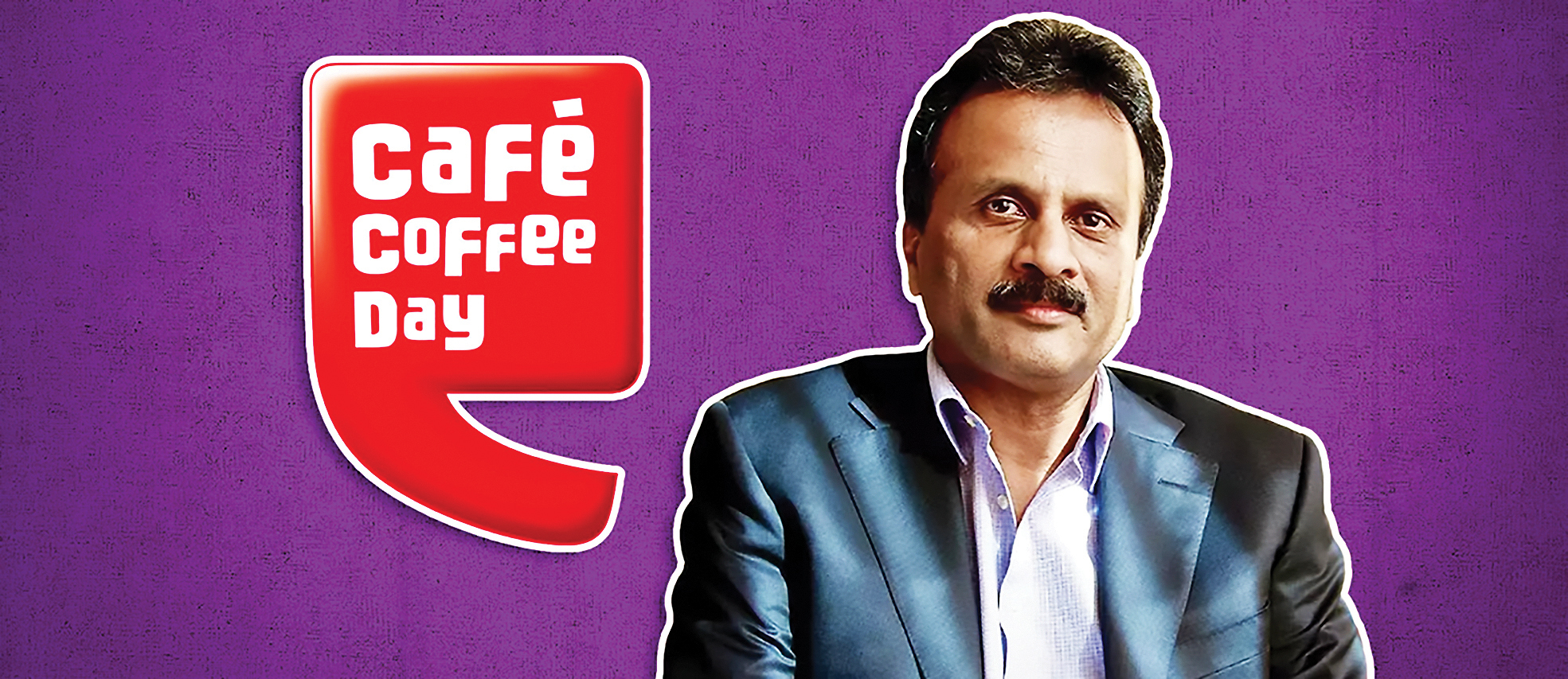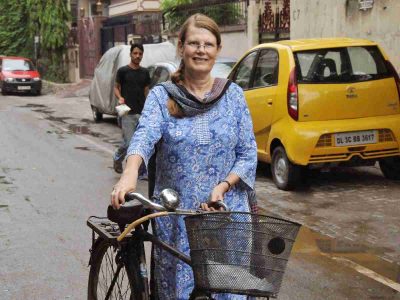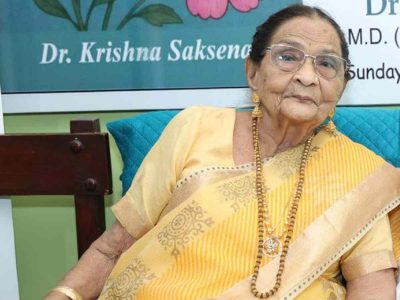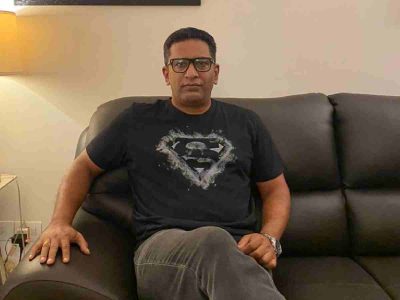Friends and colleagues open up about VG Siddhartha’s knowledge, compassion and simplicity
VG siddhartha, best known as the founder of the Café Coffee Day (CCD) chain, had great plans not only for CCD but also for the coffee industry. He had reportedly written a letter to CCD’s board of directors and employees saying, “I have failed to create the right profitable business model despite my best efforts.”
The late son-in-law of former Union Minister and BJP leader SM Krishna wrote: “Every financial transaction is my responsibility … the law should hold me and only me accountable … I have failed as an entrepreneur. This is my sincere submission, I hope some day you will understand, forgive and pardon me.” It should be noted that the Income Tax department has questioned the letter’s veracity.
A ‘visionary’
“Siddhartha was a visionary for the coffee industry, right from the plantation, picking up coffee berries, curing them, grading them, marketing them and adding value to them and bring it closer to millions of coffee lovers not just in India but six different countries of the world,” says K Jayaram, former president of the Karnataka Coffee Growers Association (Mudigere). “From a mere 12,000 tonnes per annum, he had taken it to 1,00,000 tonnes per annum of Indian coffee halfway around the world.”
Jayaram says 12 years ago, when CCD was getting into value-added products from trading raw coffee beans, India had to depend on New York and London markets for rates for trading—despite being one of the largest growers of coffee. “But even before the world trading centres knew what was happening, India had gathered enough steam in determining the world prices of coffee beans, and all due to 27 years of hard work, commitment and simplicity of Siddhartha.”
Dr UT Iftikar, a close friend of Siddhartha, says he was shocked after reading the letter allegedly written to the CCD founder’s colleagues. “He had mentioned there that there were enough assets to wipe off all the debts that the company had accumulated since 1993. He could have used it to keep the company running, yet he decided to take this extreme step? There were so many ways to resolve the financial crunch. I am also pained that despite having deep-rooted friends in the industry, he did not confide in them. I guess it was his modesty which prevented him.”
A close aide of Siddhartha, on condition of anonymity, told Newslaundry: “He was a man who wanted the high flow of liquidity. In his business, liquidity was hard to come by and everything was done on credit basis and external borrowings. Not that Siddhartha was an ostentatious person who would display his riches. He loved simple living and high thinking but in the pursuit of excellence in the industry, diversification, innovation, expansion and acquisition—he got carried away. But there was nothing to worry [about] as he had assets that could have helped him tide over the liquidity crunch.”
People who had the chance to witness Siddhartha in action at a coffee estate spoke of his vast knowledge. KB Manohar, general secretary of the Karnataka Coffee Growers Association, says, “He had a deep knowledge of every type of coffee. He used to bring research products to the estate owners meetings and educated them on managing their estates better, retaining the right nutrients in the soil, maintenance of the right level of shade and pest management, and special care during the blossoming season. But then he went into the real world of coffee making, and many times he used to call me and make me taste the coffee with him, the expertise which only the Coffee Board had. It was thrilling to have such a forward-looking leader in the industry.”
Chandre Gowda, former president of the Mudigere taluk panchayat and a coffee planter, is close to Siddhartha’s family. “Everyday, people in need would approach his family for help. Every time Siddhartha came home, he made sure those people were helped. He has contributed for weddings, education, cattle-rearing, agriculture and even trained youngsters to work in his company,” says Gowda.
Coffee in the pub capital
Starting his first CCD outlet at Brigade Road in Bengaluru—which was developing as the “pub capital” at the time—youngsters at first sneered at the idea of spending hours hanging out with a coffee. But they soon realised that “a lot could happen over a cup of coffee”.
“Nobody at CCD on Brigade Road gave us dirty looks for hanging around for hours over a cup of coffee, for doing our assignments and homework in that cool atmosphere, talking loudly, laughing a lot or just watching life go by on the hallowed road of the British Raj, and it was much better than the drunken banter in the pubs,” says Richard D’Silva, one of the earliest and long-standing customers of the CCD on Brigade Road and a former student of St. Joseph’s degree college on Residency Road.
Mangaluru’s pride
The coastal city of Mangaluru had a special place in Siddhartha’s heart. He had joined St Aloysius PU College in 1975 and continued his Bachelor of Arts degree in St Aloysius First Grade College. “During his days at the college, I remembered him as a quiet student—average in studies, but extremely friendly,” says Prof. AM Narahari, registrar of the college. “I did not remember him for any special qualities but for being regular to the classes and he was extremely compassionate towards his classmates.”
On March 10, 2017, Siddhartha was invited to his college as a chief guest to give a talk to the students. “His 30-minute talk to the students was motivational and he exhorted the students to not go after jobs but become entrepreneurs. I remember one special sentence from his speech—’Be a team player’,” says Narahari.
The college’s former principal, Rev. Fr. Swebert D’Silva, remembers Siddhartha as a lender to every cause. When the college wanted to build a swimming pool, he says, all the college had to do was send him an appeal letter and his help in sizable sums was assured. Youngsters in Mangaluru also say they’re inspired by the fact that a student from their city founded the chain.
Ajit Shetty (name changed), an employee of CCD, says, “I never thought that I would see this day: my boss, my icon, doing such a thing. I feel empty inside. When he came to Mangalore in 2017, he had visited our outlet and I had the honour of serving him coffee. He made me sit down with him and shared his coffee with me. I did not expect such simplicity in a man like him.”
According to family sources, the body will be cremated at Chetanahalli Estates, situated in Chattahalli in Mudigere taluk in Chikkamagaluru district.
(The author is a Mangaluru-based freelance journalist and a member of 101Reporters, a pan-India network of grassroot reporters)
www.newslaundry.com





